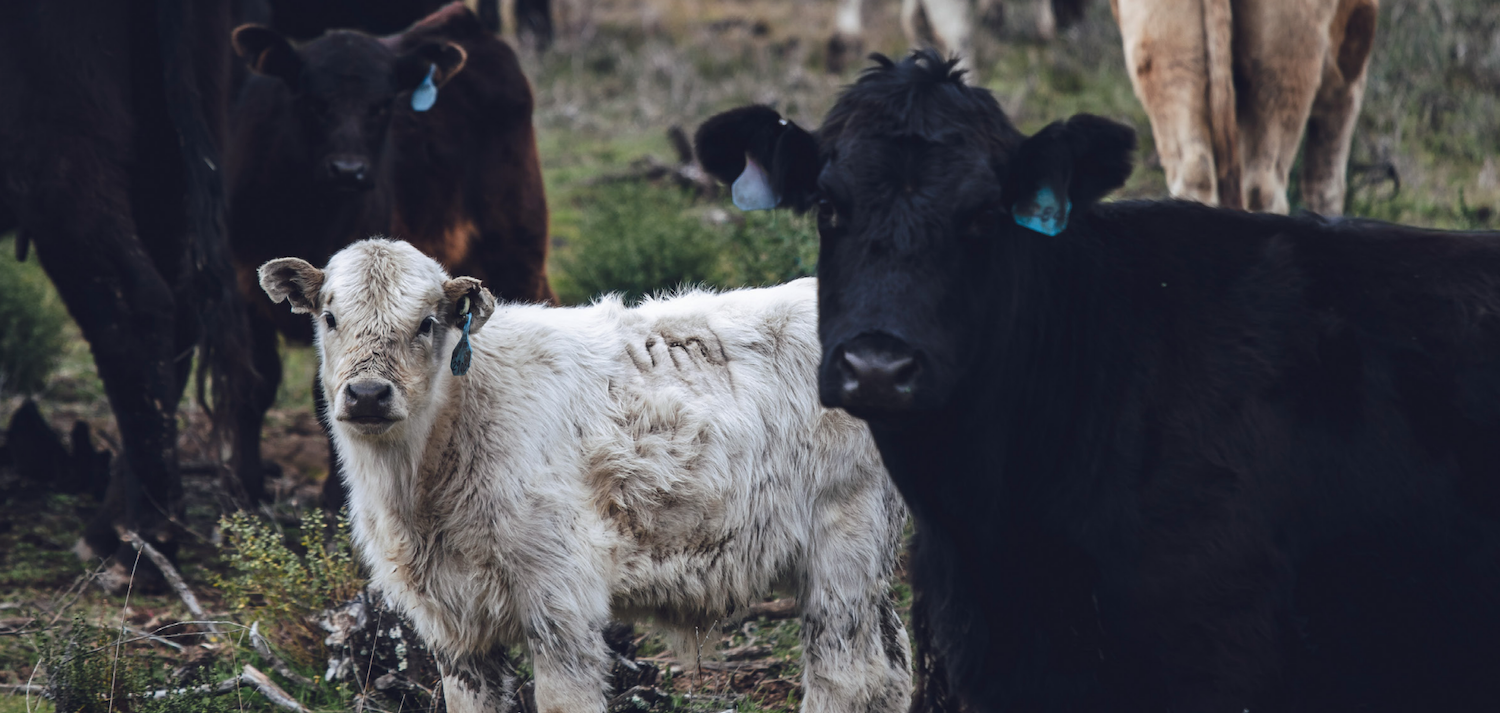Latest Resources

21 July 2025
First of its kind, South African pesticide compendium documents widespread and worrying human and...
Within the South African context of regulatory failure, antiquated legislation, and co-optation by industry, a considerable number of agrotoxins classified as highly hazardous pesticides (HHPs) – many of which are banned in regions such as the European Union (EU) – as well as other noxious chemicals, have become ubiquitous in our environment, our food and […]

5 February 2025
Financing biodiversity in the face of capitalist extractivism and ecocide
ACB comments on the South African government’s Biodiversity Finance Plan Humanity is facing a multi-faceted crisis of civilisation, with environmental, social, and economic dimensions. Fundamentally, this crisis is caused by capitalist dynamics of accumulation and extraction, and the associated use of the environment as a free or cheap resource and service provider. Effective biodiversity restoration […]

25 November 2024
Greenhouse gas emissions in the South African food system: Integrated and transformative response...
Climate change is set to wreak havoc on South Africa (SA)’s agri-food system. Increasing temperatures, lower and more erratic rainfall, and more extreme weather events will characterise the climate in Southern Africa over the next decades. This poses challenges for food production and food security. At the same time, SA’s agri-food system is one of […]

4 November 2024
Les subventions néfastes, la dette et le financement de la biodiversité en Afrique
Des pistes pour une transition juste en préparation de la COP 16 et au-delà (Click here to read in English.) La cible 18 du cadre mondial pour la biodiversité de la Convention sur la diversité biologique préconise l’élimination, la suppression progressive ou la réforme des subventions néfastes pour l’environnement et la société, ainsi que l’augmentation […]

18 October 2024
Harmful subsidies, debt and financing for biodiversity in Africa
Just transition pathways for CBD’s COP 16 and beyond (Cliquez ici pour lire en français.) Target 18 of the Convention for Biological Diversity’s Global Biodiversity Framework calls for the elimination, phasing out, or reform of environmentally and socially harmful subsidies, and a scaling up of positive incentives for the conservation and sustainable use of biodiversity, […]

2 August 2024
The decline of FISPs in Malawi – debt, corruption and hunger
What future for smallholder farmers and realising agroecology?

18 July 2024
Is Zambia’s food system collapsing?
Zambia’s collapsed food system: never-ending debt, climate shocks, biodiversity loss and FISPs – the indispensability of transitioning to agroecology In this briefing, we look at how Zambia is facing a gathering food crisis of serious proportions. Amidst repeated droughts and floods, energy rationing, and shortages of drinkable water, food prices are rising and millions are at risk […]

9 July 2024
Agricultural policy reform in South Africa
Addressing animal welfare within a just, agroecological food systems transition This discussion document, written by Linzi Lewis on behalf of Humane World for Animals, South Africa (SA), highlights the need for greater attention to be given to industrial animal agriculture. As one of the major drivers of current socio-ecological crises, it demands further consideration within […]

19 September 2023
Financialisation, dematerialisation, digitalisation & distancing of Africa’s agriculture
What future for small-scale farmers and their food and seed systems? Following on from part one, The rise of digital agriculture and dispossession in Africa: implications for smallholder farmers, part two looks at how private-sector interests and motives are driving the financialisation of Africa’s food and farming systems. Financialisation is the focus on generation of […]

30 August 2023
The rise of digital agriculture and dispossession in Africa: implications for smallholder farmers
In part one in a series of two, consisting of a briefing paper and linked fact sheet, we explore the current status of digital agriculture in Africa and the potential implications its deployment has for smallholder farmers on the continent. We outline three primary areas of concern related to potential inequitable benefits and influence accrued from its deployment; […]
